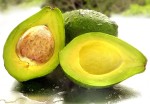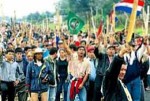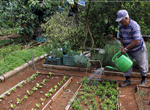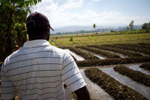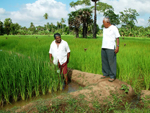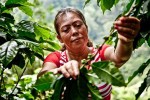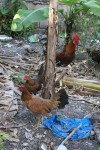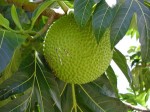Standing Ovation and 11 Medals for Haitian Culinary Team! | Onze médailles pour la cuisine haïtienne en Floride!
By Evens Prosper, HPN | Translation by Dady Chery, Haiti Chery. The culinary team that represented Haiti in Miami’s Taste of the Caribbean contest in Miami from June 20 to 24, 2012, won 11 medals for Haiti in several gastronomic categories, and Haiti received a three-minute standing ovation. (English | French)
Continue reading →

